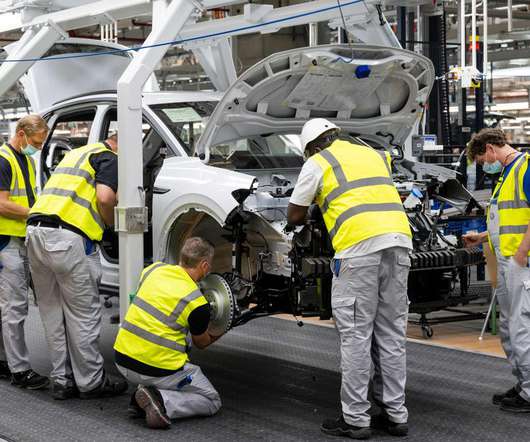Study concludes abundant shale gas is neither climate hero nor villain; need for targeted GHG reduction policy
Green Car Congress
MAY 15, 2014
Shale gas in particular has grown rapidly, from less than one percent of US production in 2000 to 34% in 2012, and projections show strong production growth continuing for the foreseeable future. With this abundance of natural gas comes a variety of questions.




















Let's personalize your content